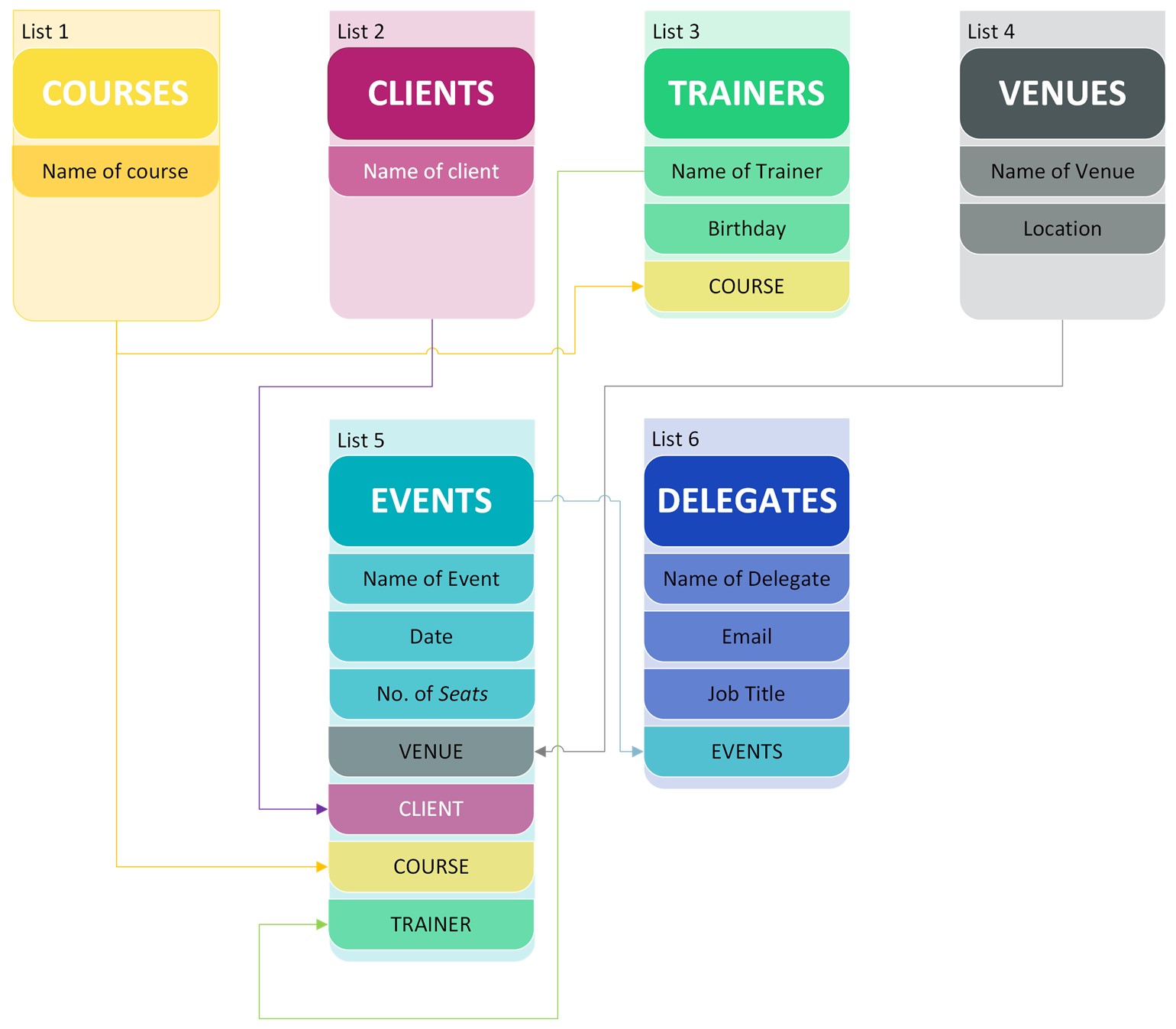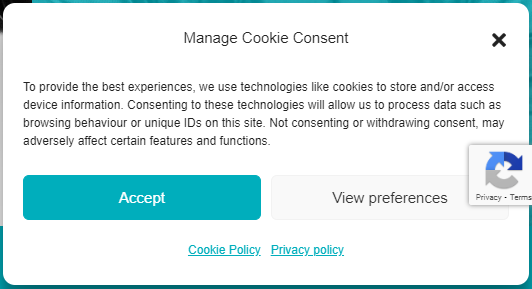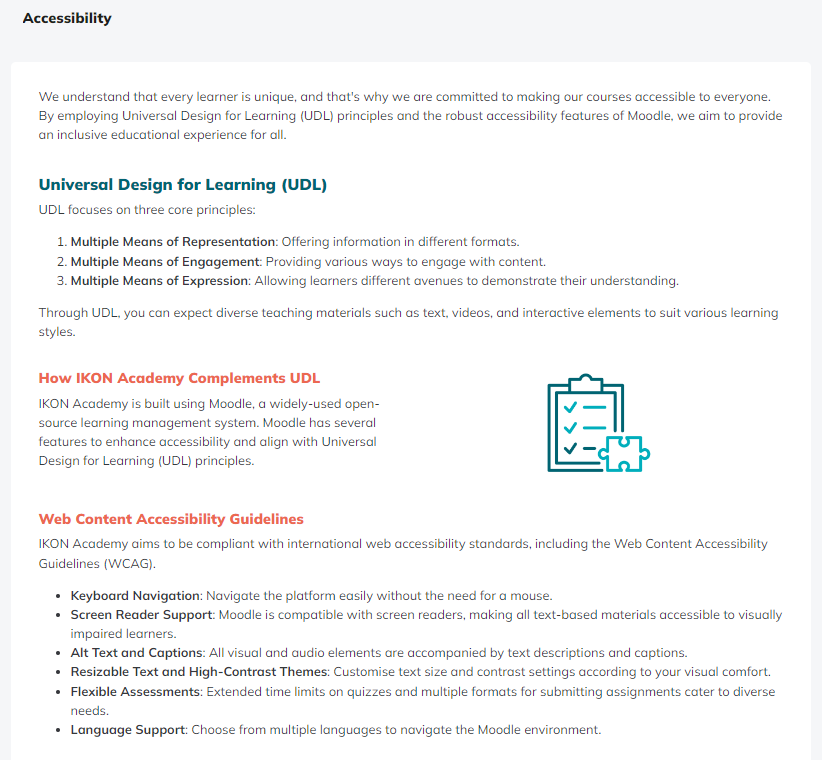Standards and Policies
This section explores how I engaged with legislation, policies, and standards in the context of learning technology.

Understanding and Engaging with Legislation
My engagement with legislation, particularly the GDPR and Equality Act, was a key aspect of my role in digital transformation at IKON Training. Ensuring compliance while implementing the Digital Development Strategy required a deep understanding of these legal frameworks. My background in law helped me to understand how the law applied to our organisation. My analysis influenced how we handled data and ensured we respected the rights and needs of all learners.
Digital Development Strategy
My Digital Development Strategy, implemented over my first twelve months at IKON Training, was a comprehensive journey of aligning technology with organisational goals while adhering to key legal and ethical standards. The strategy encompassed several phases: Analysis, Design, Development, Implementation, and continuous Evaluation, each requiring a deep understanding of both technological capabilities and legislative requirements.
ADDIE Methodology
Analyse Phase:
This initial phase involved a thorough fact-finding mission to identify potential barriers and required technical skills for the project. My focus was on understanding the gaps in our processes and in my own personal capabilities, setting the stage for a strategy that was both ambitious and grounded in reality. At this stage I widely researched the law and legal guidance around the storage of personal details. There was not a strong policy in place regarding GDPR, so I had to create, amend and then publish this on behalf of the organisation. I published this policy on the website.
Design Phase:
Here, I designed a data system to store information about clients, delegates, and training events, ensuring compliance with GDPR and other legal standards. This phase was crucial in understanding and addressing risks associated with data security and personal data loss, ensuring that any technological implementation was legally sound. After consultation with the directors, an external storage system (arlo.co) was elected over an internally developed one, with one of the reasons I advocated being the resilience of storing data in a more secure format with an external partner.
Development Phase:
This phase involved automating data capture and distribution in a test environment and creating training and support resources for effective change management. My role was pivotal in ensuring that the developments were robust and interoperable with existing systems, adhering to the standards of legal compliance and support.
Implementation Phase:
I spearheaded the launch and update of the new system in a live environment, ensuring that all users received consistent support to comply with the new processes. Much of this learning content was hosted on the IKON Sharepoint site with notifications and updates rolled out via Teams. This phase was critical in understanding the wider implications of technological change within an organisational context and ensuring that all developments followed legal guidelines and accessibility requirements.
Evaluation and Adjustments:
Regular reviews and adjustments were made, such as updating the certification expiration workflow and refining the registration process. This continuous improvement cycle demonstrates my commitment to aligning technology with evolving organisational goals and standards.
Throughout this journey, my focus remained on ensuring robustness, interoperability, support, compliance, collaboration, and consistency - all key values as per our Digital Development Strategy. My work in steering this strategy not only involved technical and operational expertise but also a deep understanding of the wider context in which these technologies operate, particularly in terms of compliance with legal and ethical standards. This aligns directly with the requirements of the CMALT guidelines, showcasing my ability to engage thoughtfully with broader legislative and policy issues while implementing effective learning technologies.
GDPR Compliance
Implementing GDPR guidelines, I ensured that our eLearning platform adhered to data protection standards. This included secure data handling, clear privacy policies, and user consent for data usage. My role involved regular training and updating our practices in line with evolving legislation.
One significant change was improving our website's compliance regarding Cookies. After assessing that the website did not store sufficient data to trigger the requirements for a notification, I collaborated with an external company to develop a more robust strategy reflecting the increased data collected via our website due to Lead Generations and HubSpot implementation. Following my presentation of the report, I researched and implemented a modern Cookies Management System on our staging site, later extending it to our main website. The Cookies Notification is now visible on ikontraining.co.uk.
Equality and Accessibility
Under the Equality Act, I led efforts to make our eLearning content accessible to all learners. This meant designing courses with Universal Design for Learning (UDL) principles, ensuring that our platform was accessible to individuals with disabilities and catering to diverse learning needs.
You can read more about my commitment to Accessible learning on the Accessibility page of IKON Academy.
Policy Engagement
Beyond legislation, engaging with institutional policies was crucial. I contributed to developing policies around eLearning, focusing on quality, ethics, and the responsible use of technology. I redrafted IKON’s Privacy and Personal Data policy and changed the method of how this was delivered to learners. Previously, this had been displayed and discussed at the start of training sessions, but I changed this to an opt-out survey emailed out to learners as soon as they were registered. This method gave learners time to research their rights, and to raise questions privately before the session. Although our previous method did meet the requirements of the law, I felt it was important for learners to have an opportunity to privately read, consider and question our policy before they consented without peer-pressure within a session. This was achieved via an automation in Zapier.
Recently, we transitioned this email to a more detailed explanation within the registration page to reduce the volume of emails sent to learners. This was particularly important given the additional emails sent for usernames and passwords associated with the new learning platform. I am currently exploring ways to streamline all this information into a single email, although this has been complex due to varying times and software managing the automations.
In time, I would like to streamline all this information into a single email, but this has proved complex due to the different times and software used to manage the automations.
Rights and Responsibilities
In the early testing phase of IKON Academy's Breakaway resources, it became evident that learners greatly valued the section on their legal rights and responsibilities. This appreciation likely stems from the fact that the majority of IKON’s learners are under a duty of care, thus they have a keen interest in understanding the legal implications of their actions. This emphasis on legal rights and responsibilities distinguishes the IKON Training Breakaway course from others, offering a unique aspect of learning that resonates with our audience.
The initial information for this section was provided by the Training Manager. Collaborating closely with him, I took steps to ensure that the content presented on our platform was not only accurate but also clear and concise. This collaborative effort was crucial in conveying complex legal concepts in an accessible manner.
Subsequent testing with the live version of the site reaffirmed the significance of this section. It remained the highest-rated resource, indicating that we effectively met our learners' needs by informing them about their legal rights and responsibilities. This feedback was a testament to our commitment to providing relevant and valuable learning resources that empower our learners with essential knowledge in their fields.
Live Captioning Compliance
In my tenure at the University, a significant focus was on aligning our practices with legal requirements for live captioning of lectures. The Public Sector Bodies (Websites and Mobile Applications) Accessibility Regulations 2018 mandated accessible time-based media, which includes captions and transcripts for pre-recorded content. For live time-based media, although not explicitly required by law, the guidelines suggested that such media, if archived for more than 14 days, should be considered as pre-recorded and made accessible accordingly.
I initiated a comprehensive review of our live captioning practices, comparing our approach with other leading institutions. This involved examining various tools and strategies, like the integration of automatic speech recognition technology, to provide live captions and subsequently convert them for archived content. Implementing these solutions ensured our compliance not just with current regulations but also prepared us for potential future legislative changes. It was a step towards creating an inclusive learning environment, catering to diverse learner needs.
The challenge was to balance legal compliance with practical feasibility. We considered different technologies and assessed them for accuracy, ease of use, and integration capability with our existing systems. This review process was crucial in selecting the most effective tools for live captioning, ensuring that our approach was both compliant and pedagogically sound.
My work in this area was a reflection of my commitment to accessibility and inclusiveness in education. It involved not only understanding and applying legal standards but also advocating for the best practices in digital accessibility, thereby enhancing the learning experience for all students.
Reflections on Legislative Engagement
Reflecting on this experience, I realise the importance of staying informed and responsive to legislative changes. My role in navigating these complexities has not only ensured compliance but also fostered an ethical, inclusive, and secure learning environment. I have pushed for accessibility at every opportunity, and always ensured legal compliance with the products I have created.
In the future, I will try to widen my network to include other learning professionals to ensure I am kept abreast of the latest developments. Although my current network has served me well so far. If you wish to get in touch with me, please contact me via the link below.


